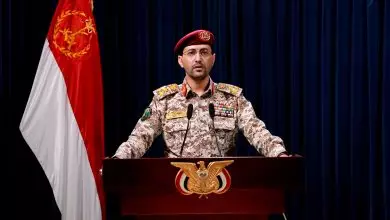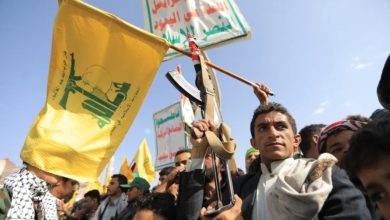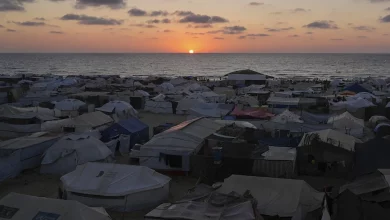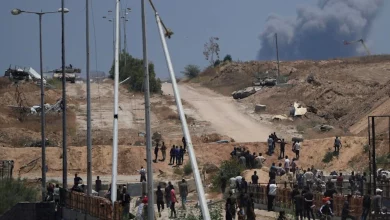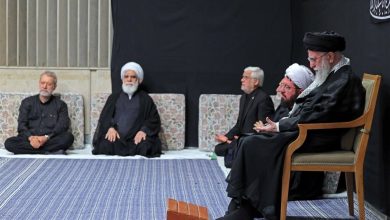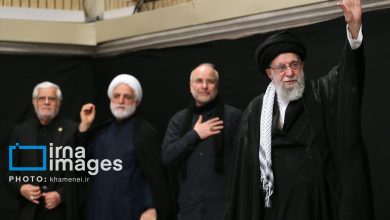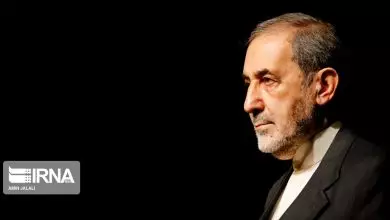Imam Khomeini’s principles to be continued for centuries: US analyst
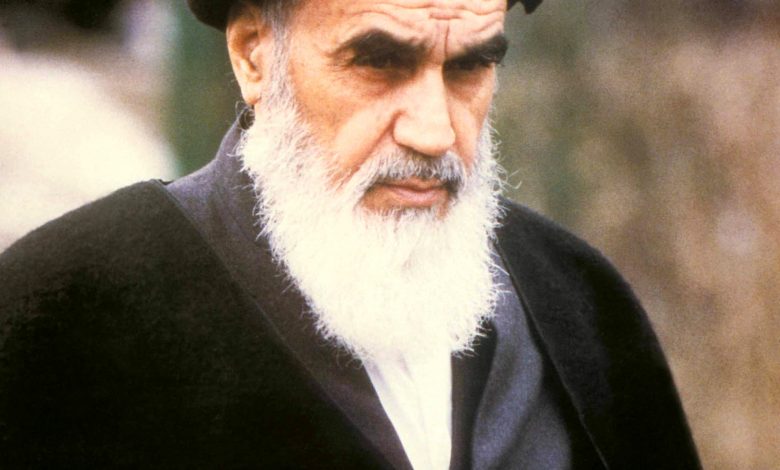
An American author, journalist and political analyst believes that it is obvious that the guiding principles of Imam Khomeini that led to the divorce from Western or Eastern dominance were not merely ephemeral or temporary and it will be continued for years, decades, generations and possibly even centuries later.
The 31st anniversary of the demise of Imam Khomeini, the founder of the Islamic Revolution of Iran will be held on Wednesday. He is known to many global figures and enjoys different characteristics that differentiate him from other world leaders. His difference with the others can be seen in the interpretation of his stances and views in the speeches of the world’s great figures.
He is the founder of the Revolution and the school of thought that has crossed geographical boundaries and has become an important discourse. The Revolution founded by him has not been limited to Iran and its effects can be seen in the region and other parts of the world.
Political figures and elites around the world, regardless of their different viewpoints and even their opposition to the Islamic Revolution of Iran, have not been able to ignore the important and influential role of Imam Khomeini in changing the course of history and the global equation.
In an exclusive interview, Mark Glenn, an American analyst, and author shared his views on Imam Khomeini’s role and viewpoints in the world.
Here you can find the text of the interview:
How do you describe Imam Khomeini’s role in collapsing the dependency theory on Western or Eastern blocs?
The notion that the revolution of 1979 (and particularly the unique role played by Imam Khomeini, may he rest in peace) was an earth-shaking event is not up for dispute or debate. Unlike other nations that have experienced their own uprisings that led to breaks with the West (and particularly with America), the revolution of 1979 surpasses all others in terms of its geopolitical implications. Iran sits in the heart of the Middle East where the oil reserves necessary for the survival of the industrialized West sit and where the beating heart of Islam and its almost 2 billion adherents trace this great faith’s past, present, and future. It is for these 2 reasons–oil and Islam, 2 vital resources, one physical and one spiritual that function together in creating an incredibly powerful force in steering geopolitical events that have ripple effects affecting every life on the planet today.
Therefore, given the strongly nationalistic overtones that accompanied (and continue to accompany to this day) the revolution led by Khomeini, and the fact that these nationalistic overtones manifest themselves in a foreign policy wherein Iran–unlike most nations in the world today–jealously and zealously protects its own rights to sovereignty, self-rule and self-determination (and particularly in guiding its own political affairs without Western or Eastern dominance) it is obvious that the guiding principles of Khomeini that led to this divorce were not merely ephemeral or temporary, but indeed were/are similar to any intensely hot fire whose embers will doubtless retain their heat for years, decades, generations and possibly even centuries later.
What are the potentials of Imam Khomeini’s ‘Political Islam’ to present a new model for world nations?
As history has proven, all civilizations must be guided by principles that organize and govern human behavior in a cooperative, collaborative paradigm, notably those principles manifested in a list of ‘thou shalts’ and ‘thou shalt nots’. Religion is the best mechanism for organizing these principles, but when it falls short in regulating human behavior, then for the sake of the common good civil government must step in. The Liberal West champions its own belief in the separation between church and state but this is a fallacy, given that all civil law is based in some context upon the higher moral laws which are manifested in religion.
Having said this, it is obvious–and particularly in viewing what is now the free-fall social collapse of the West and America as a result of their abandonment of religion–that religion must exist in any society that desires to live and thrive. It simply cannot be any other way, and Iran–unlike almost all other nations–has demonstrated that indeed a religion and civil law can exist harmoniously and cooperatively with each other and maintain a stable social stasis, which in large part explains why there is this diabolic drive on the part of the Zionist, Capitalist & nihilistic West to destroy Iran and to erase her 1979 Revolution. When we understand that it is the goal of Zionism and Capitalism to utilize nihilism and moral chaos on a grand scale as a poison and as an intoxicating anesthetic in de-religionizing those societies which the Zionized West has decided to conquer and subdue, it is easy then to understand why the successful marriage of religion and social order achieved in Iran is viewed so threateningly by America and all those Western nations it holds captive.
How do you see Imam Khomeini’s foresight to future developments of the Muslim world?
Indeed as we already discussed we cannot overstate the preeminent role that Iran plays in geopolitical events and particularly those taking place in the Middle East, and in large part, this has been due to the foresight and vision of Iran’s political class taking power after 1979. Note that there is no mad dash to destroy other Islamic countries in the same fashion that there is this drive to destroy Iran, and in large part, because Iran remains the most politically and socially stable Islamic country in the Middle East. As long as the other countries in the region remain in a state of carefully managed chaos imposed by the Western and Zionist powers they remain no threat to the capitalist and Zionist power structure. The moment however that they begin to organize themselves and to free themselves of the shackles of deliberately imposed chaos that has been the product of Zionist and Western intelligence agencies interfering in the internal affairs of these countries then we will see them become targets of the same kind of political subterfuge that have been aimed at Iran.
Having said this we can only credit Iran having been spared the kind of chaos and internal destabilization that we have seen take place recently in countries such as Tunisia, Egypt, Syria, and others to the far-reaching political foresight on the part of Imam Khomeini and those who followed in his footsteps.
How significant has been Imam Khomeini’s insight about the Zionism project and his emphasis on al-Quds as a priority of the Muslim World?
It is highly significant that out of all the various Islamic countries throughout the world that it is only Iran that has made the protection and eventual liberation of al Quds part of its foreign policy objectives. When we consider the plight of the Palestinian Arabs, both Christian, and Muslim, to what has been the indescribable brutality of Judaic terrorism and the fact that the Palestinians have been all but abandoned by all of their Arab Neighbors, the fact that a non-Arab country such as Iran chooses to highlight the suffering of the Palestinian Christians and Muslims and to make the liberation of these oppressed peoples an issue of Paramount importance underscores that indeed Iran’s 1979 Revolution was something not merely limited to the geographical borders of Iran proper but indeed to All Peoples who seek to live in a world of justice and peace.
Mark Glenn is an American author and journalist in Idaho who has co-founded Crescent and Cross Solidarity Movement, an interfaith forum dedicated to uniting Muslims and Christians against Zionists.
Interview by Zahra Mirzafarjouyan

